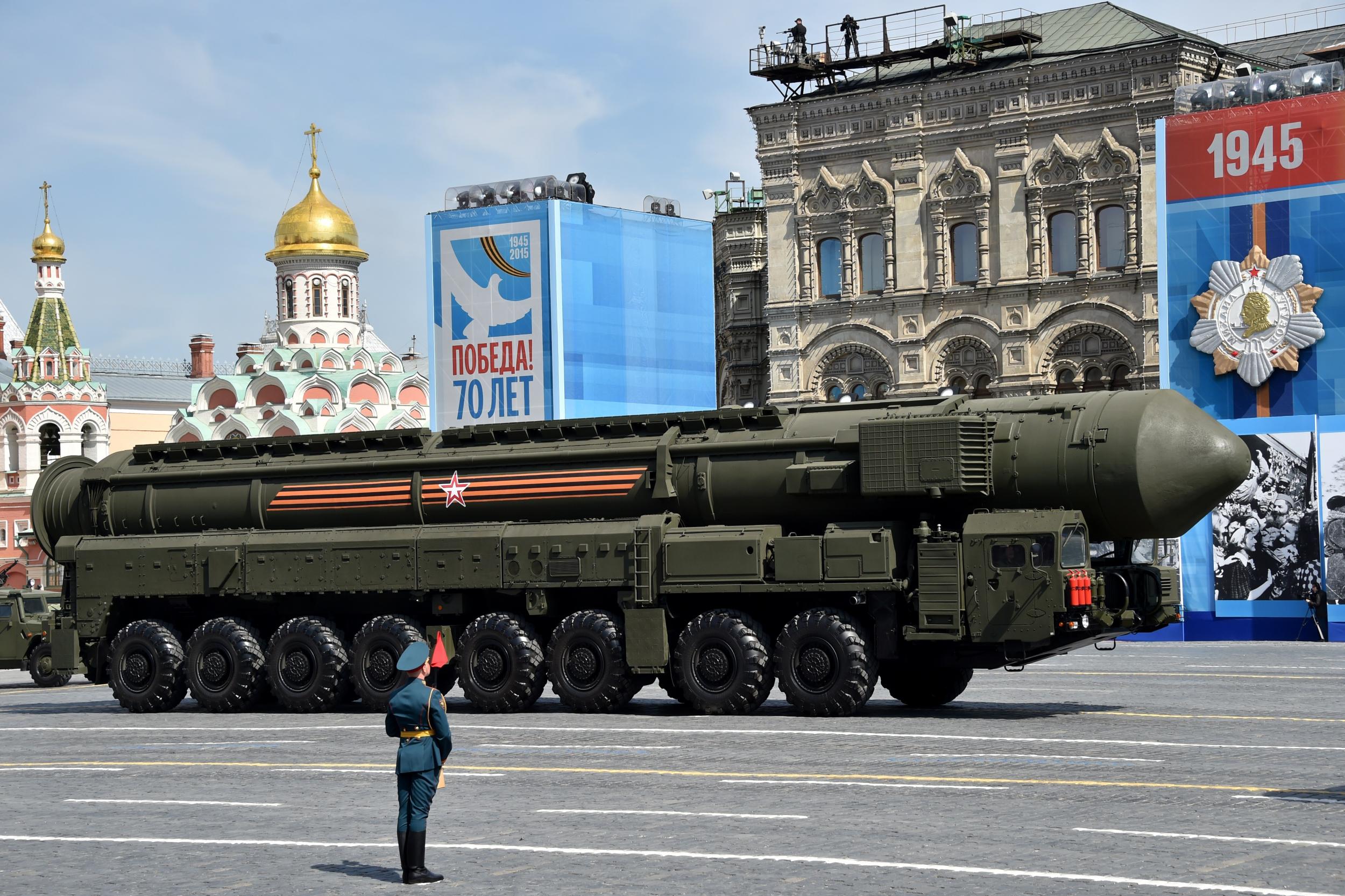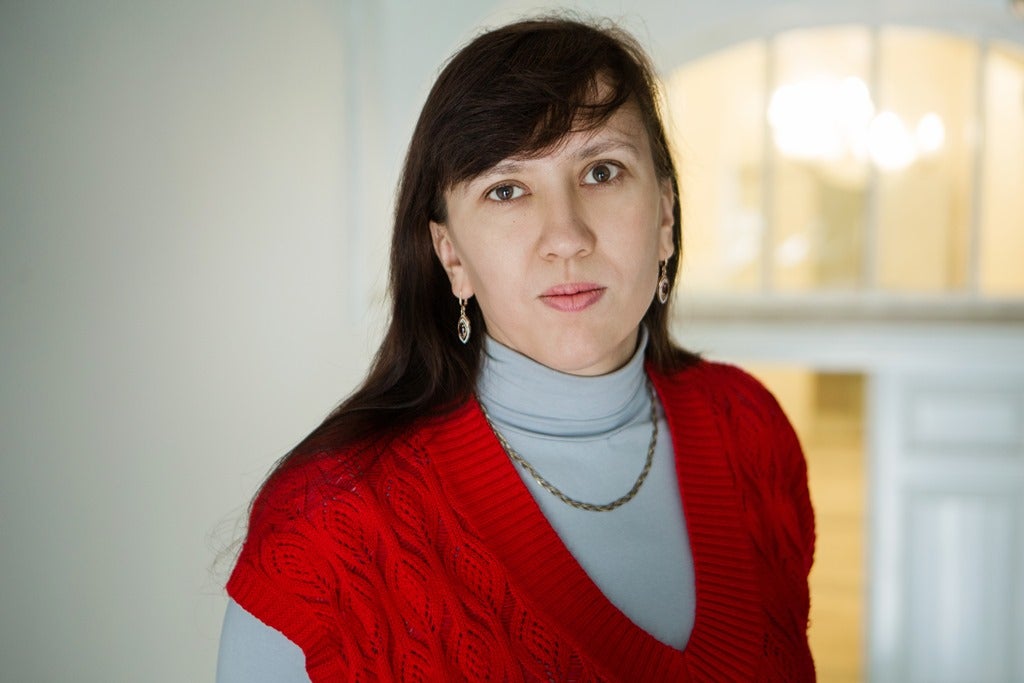Russian scientists discover best way to destroy asteroids with nuclear weapons
A leading Russian scientist criticised the idea, saying it was like 'using a steam-hammer to crack a nut'

Russian scientists have used a supercomputer to discover the best way to destroy an asteroid with a nuclear bomb.
The team of researchers at Tomsk State University in Siberia ran a number of tests to figure out how to blow up 200-metre-wide asteroid with a nuclear weapon without causing the radioactive fragments to fall to Earth, using the 99942 Apophis asteroid as their model.
With the help of the university's SKIF Cyberia supercomputer, the team found that a powerful warhead with a yield of 1 megaton (equivalent to 1 million tons of TNT, or 66 Hiroshima bombs), would be enough to obliterate the asteroid, reducing it to a cloud of gas and liquid droplets, leaving a few small solid fragments no more than 10 metres in diameter.

Importantly, they also found it would be best to destroy the asteroid in a pre-emptive strike, rather than waiting until it was heading straight for Earth.
Many potentially dangerous asteroids pass by the Earth multiple times, in long orbits. Blowing up the asteroid when it was heading away from Earth would reduce the possibility of the fragments hitting us.
Astrometry expert Tatiana Galushina said: "Previously, as a preventive measure, it was proposed to destroy the asteroid on its approach to our planet, but this could lead to catastrophic consequences - a fall to Earth of the majority of the highly radioactive fragments."
If the missile impacted behind the asteroid, "almost all the pieces after the destruction will fly forward."
"For 10 years after the explosion an insignificant number of fragments will fall to Earth. Their radioactivity during this time will be reduced considerably, and after a few years they will not pose a danger," she said.
Galushina pointed out that using nuclear weapons in space is against the terms of the Outer Space Treaty. However, she believes that in the case of a "real threat to humankind," an exception to the rule would be made.
The Tomsk astronomers are not the only Russian scientists focusing on this area of research - in January, experts from the Russian space agency took part in a pan-European study which looked at the possibilities of using nuclear weapons to save the Earth from a deadly asteroid strike.
However, one member of the country's scientific community is not sold on the idea - speaking to the state-owned TASS news agency, Boris Shustov, Director of the Russian Institue of Astronomy, said it was like "using a steam-hammer to crack a nut."
Join our commenting forum
Join thought-provoking conversations, follow other Independent readers and see their replies
Comments
Bookmark popover
Removed from bookmarks